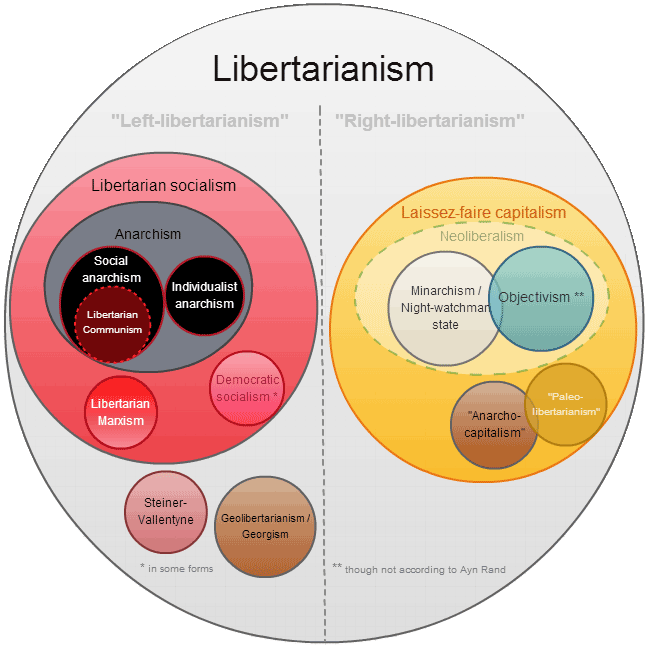A man is no less a slave because he is allowed to choose a new master once in a term of years.

About Lysander Spooner
Lysander Spoonerwas an American abolitionist, entrepreneur, lawyer, essayist, natural rights legal theorist, pamphletist, political philosopher, and writer often associated with the Boston anarchist tradition.
Spooner was a strong advocate of the labor movement and is politically identified with individualist anarchism.
More quotes from Lysander Spooner
The only security men can have for their political liberty, consists in keeping their money in their own pockets.
American political philosopher, essayist, pamphlet writer, Unitarian, abolitionist, individualist anarchist, legal theorist, a member of the socialist First International and entrepreneur of the 19th century
That no government, so called, can reasonably be trusted, or reasonably be supposed to have honest purposes in view, any longer than it depends wholly upon voluntary support.
American political philosopher, essayist, pamphlet writer, Unitarian, abolitionist, individualist anarchist, legal theorist, a member of the socialist First International and entrepreneur of the 19th century
A man is no less a slave because he is allowed to choose a new master once in a term of years.
American political philosopher, essayist, pamphlet writer, Unitarian, abolitionist, individualist anarchist, legal theorist, a member of the socialist First International and entrepreneur of the 19th century
But whether the Constitution really be one thing, or another, this much is certain – that it has either authorized such a government as we have had, or has been powerless to prevent it. In either case, it is unfit to exist.
American political philosopher, essayist, pamphlet writer, Unitarian, abolitionist, individualist anarchist, legal theorist, a member of the socialist First International and entrepreneur of the 19th century
If the jury have no right to judge of the justice of a law of the government, they plainly can do nothing to protect the people against the oppressions of the government; for there are no oppressions which the government may not authorize by law.
American political philosopher, essayist, pamphlet writer, Unitarian, abolitionist, individualist anarchist, legal theorist, a member of the socialist First International and entrepreneur of the 19th century